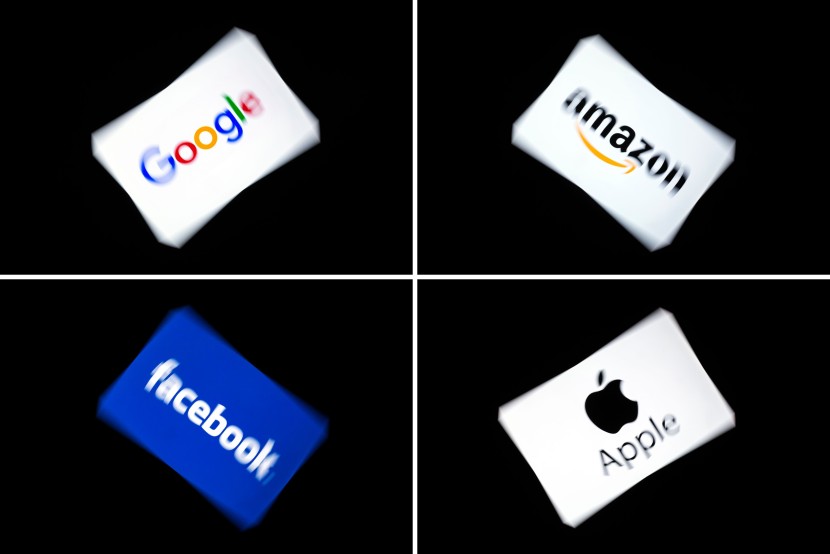The new EU-US Data Privacy Framework will soon allow data transfer between Europe and the United States.
This will be a big deal for the likes of Google, Facebook, Apple, and other tech firms relying on user data for their businesses.
EU-US Data Privacy Framework

GSM Arena stated that ever since 2020, data transfer between Europe and the United States has been considered illegal by the EU court.
Because of this, there have been legal uncertainties around the exports of personal data of European users by U.S. companies.
Meta, Google, and other tech companies have been affected by this issue. Finally, a solution to this problem arrives after the European Commission announced the adoption of the new adequacy decision.
Thanks to this, Facebook, Apple, Google, and other data-reliant companies can now store European user information on American servers.
Didier Reynders, the EU justice commissioner, explained that personal data can now flow safely and freely from European Economic Areas to the U.S.
The adoption of the EU-US Data Privacy Framework makes data transfer between the U.S. and EU possible based on a trusted and stable agreement, which protects users, as well as provides legal certainty to tech firms.
Other Things About the New Data Framework

According to the European Commission's official website, the new EU-US Data Privacy Framework will ensure that U.S.-based tech firms have adequate levels of protection for personal data transferred from Europe to the United States.
"European entities can transfer personal data to participating companies in the United States, without having to put in place additional data protection safeguards," explained the European Commission.
The new EU-US Data Privacy Framework provides new rights to European residents whose data will be transferred to U.S. servers.
These new rights include obtaining correction, deletion of incorrect information, as well as acquiring access to their data.
Companies interested to participate in the new EU-US Data Privacy Framework can certify themselves by complying with the privacy obligations set by the European Commission.
These include sharing specific obligations concerning data security and the sharing of data with third parties; data minimization and data retention; and privacy principles such as purpose limitation.
If you want to learn more about the new EU-US Data Privacy Framework, you can click this link.
Related Article : EU Introduces Stricter Data Regulations Aimed at Big Tech








